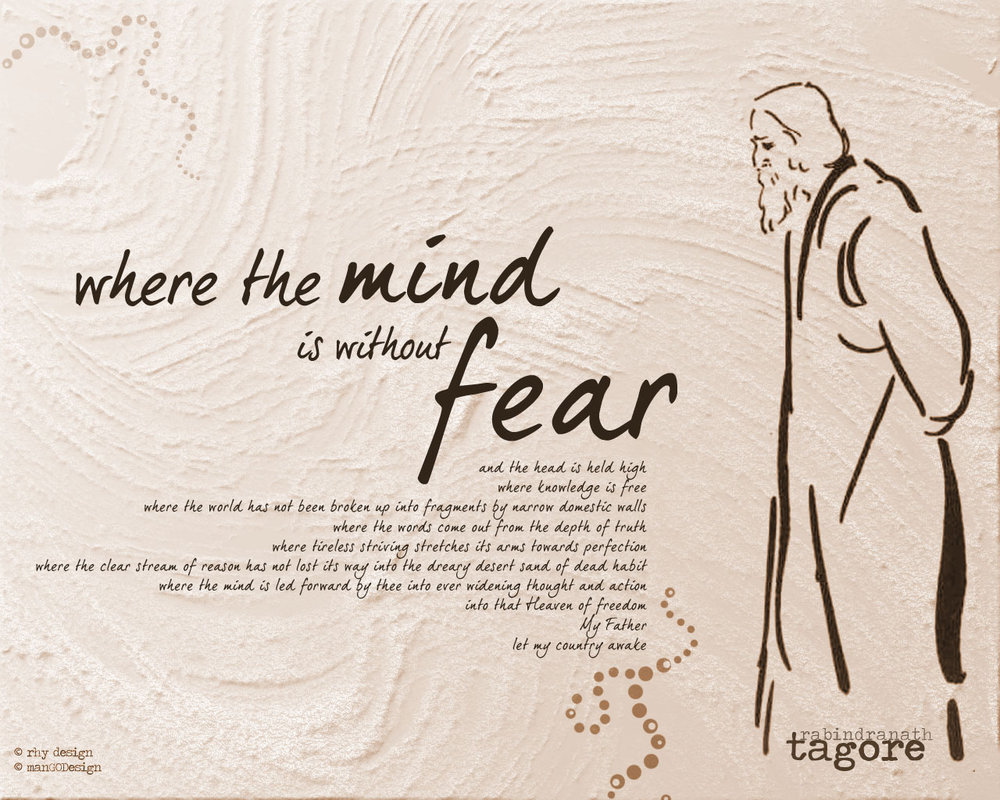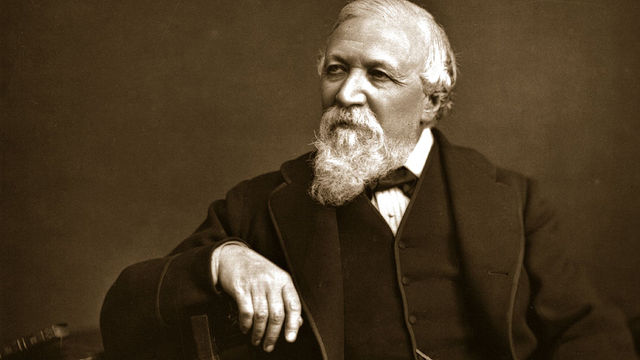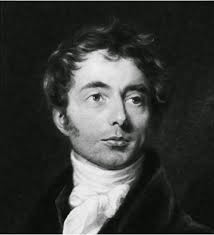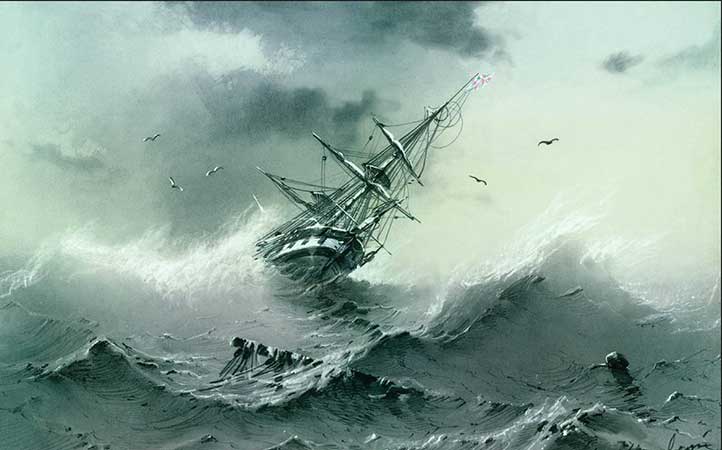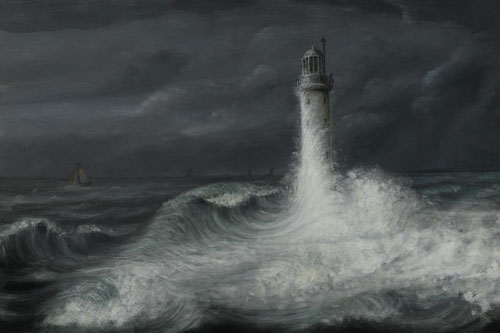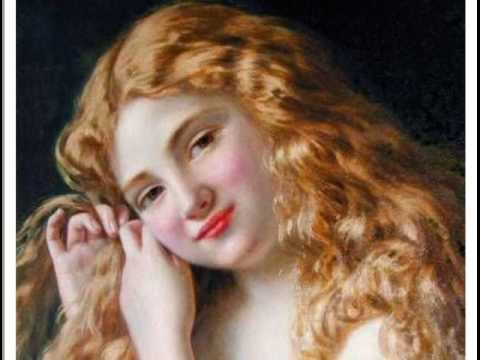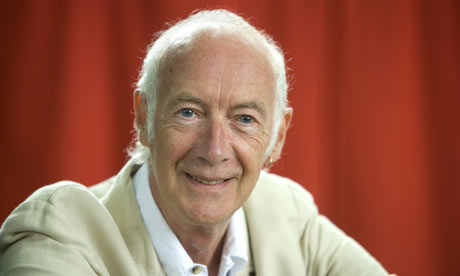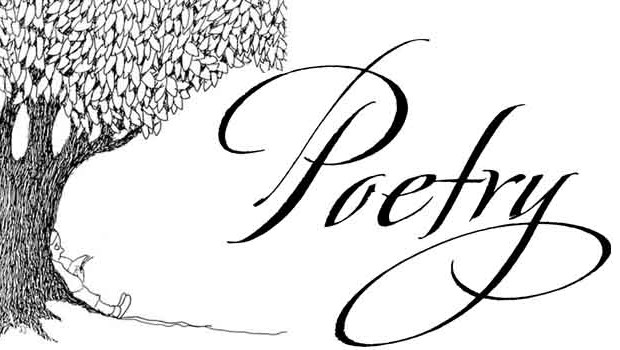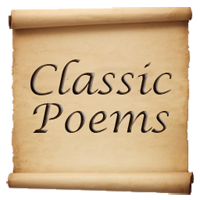About the poet:
Born on 7th May 1812, Robert Browning was an English writer and dramatist whose authority of dramatic verse, and specifically the dramatic monologue, made him one of the first Victorian writers. The Patriot-An Old story is an example of his works containing dramatic monologue. His sonnets are known for their incongruity, portrayal, dark humor, social editorial, authentic settings, and challenging vocabulary and language structure. Strangely for a writer, social orders for the investigation of his work were established while he was still alive. Such Browning Societies stayed basic in Britain and the United States until the mid 20th century.
About The Patriot-And Old Story:
The Patriot – An Old Story is a poem written in Browning’s typical manner as it mirrors his murkiness, profound religiosity, and powerful confidence. This poetry is about a man who was once perceived as their legend and was valued and could fulfill anything that he favored in whichever way, but is later misjudged and is dismissed by the general population and is sentenced to death. He admits that he is sentenced to death for the wrong reasons and has faith and trust in God that he will be spared from general society’s misconstrued perspectives. He says that he is safe in paradise, and therefore this demonstrates that he inherently believes that he is correct, regardless of the public opinion. The theme of the poem is universally applicable as it touches upon the subject of the downfall of great men. Power and glory are impermanent and never lasts forever.
The Setting of The Patriot-And Old Story:
“It was roses, roses, all the way” is indicative of a retrospective mood of the poet. The use of past tense in the beginning and then changing on to present tense is evidence to this.
The first two stanzas elaborate upon the grand welcome given to the poet. The mood focuses on the townspeople people, who are jubilant, happy, celebrating and flaring fiery flags. Third stanza onwards, the mood is infected with tension and the Patriot’s feeling of betrayal and anguish. He is feeling helpless and morose all his good deeds have been dismissed, and the people who once celebrated him are now executing him.
Hope and optimism can be seen in the last stanza where the patriot believes that after death, he will get true justice in God’s safe haven.
Summary of The Patriot-And Old Story:
“It was roses, roses, all the way,
With myrtle mixed in my path like mad:
The house-roofs seemed to heave and sway,
The church-spires flamed, such flags they had,
A year ago on this very day.”
The Patriot by Robert browning is a poem about a man who has done something great for his country and countrymen, most probably a war hero, who is returning to his town. The first stanza is an elaborate description of how the poet is welcomed back with pomp and ceremony by all the towns people. His path is laden with roses and myrtle, which signify love, respect and honour being showered on the Patriot by the people. The residents of the town have clambered onto their roofs to get a glimpse of the patriot and welcome him home and showcase their gratuity. This creates an imagery of the house itself moving and swaying with the weight and number of people. Even the church spires were decorated with fiery coloured flags. This gives the reader an idea of the enormity of the celebrations. The bright colour of the flags made the church spires look like they were on fire and flames were engulfing them. In the last line the poet discloses to the reader that these events occurred on this date, exactly a year ago.
“The air broke into a mist with bells,
The old walls rocked with the crowd and cries.
Had I said, “Good folk, mere noise repels—
But give me your sun from yonder skies!”
They had answered, “And afterward, what else?””
The ringing of the church bells infected the air and it seemed to be echoing the celebratory noise. The walls of the city, which were already on the verge of erosion, due to time, reflected the impact of the din created by the crowd. It seemed to conduct the tremors and move. The patriot here is telling the people how he doesn’t want all the cheers and applause, but wants the people to fetch the sun from the skies for him. He wants the power, glory, admiration and honour. He wants to live in their memories as an immortal hero. The crowd replies to his request with a query as to after this, what else does he require. Here a side of the patriot is shown that searches, not for momentary praise, but for everlasting recognition and glory. He doesn’t want extravagant celebrations that can die down with time. He is looking for something more permanent. The sun is a symbol of immortality, power, honour and glory. Hence, the patriot asks the people to fetch him their sun from the skies. The answer of the crowd is reflective of their frivolous nature. They immediately ask the patriot what else would he require, other than the sun. This indicates that though the crowd was eager, they weren’t sensible. As the sun is the ultimate power, and one wouldn’t require anything after conquering it.
“Alack, it was I who leaped at the sun
To give it my loving friends to keep!
Nought man could do, have I left undone:
And you see my harvest, what I reap
This very day, now a year is run.”
The third stanza acts as a conjunction for the transition from the past to the present. The Patriot says that despite him asking the townspeople to get him the sun, in the end, it was he who leaped for it and got it for the people, who he refers to as his beloved friends. This act that he does is such in nature that had he left it undone, no other man could have accomplished it. This stanza has a tone of regret. This can decipher by the use of “Alack!” or Alas. Also, the last two lines indicate towards this as the Patriot mourns about how his deed has been repaid by the people. His “harvest” is what he has reaped, whereas what he had sown was bringing glory, power, and honor to the people. The first two stanzas narrate the incidents of a year back when the patriot was given celebrity status. This stanza acts as a synopsis of the current events.
“There’s nobody on the house-tops now—
Just a palsied few at the windows set;
For the best of the sight is, all allow,
At the Shambles’ Gate—or, better yet,
By the very scaffold’s foot, I trow.”
There are no more people on the roof tops, trying to catch a glimpse of the patriot. Only a few cripples can be seen at the windows. The Patriot takes up a sarcastic tone at this point and says that this is because the best sight is at the gate of the gallows. In this stanza, a contrast is drawn between the time when the roof tops were heaving with people, celebrating the Patriot’s deeds, and the current scenario where the people are assembled, but near the gallows. Only the ones who cannot travel to the spot of execution, the ones who are crippled, are staring outside their windows to get a look at the Patriot. The Patriot’s anguish is seen when he taunts about the townspeople, saying they will be found, not on the roofs, but on the site of the execution, or better still, at the foot of the gallows. This stanza is suggestive of the patriot’s fate that he is being taken to be executed.
“I go in the rain, and, more than needs,
A rope cuts both my wrists behind;
And I think, by the feel, my forehead bleeds,
For they fling, whoever has a mind,
Stones at me for my year’s misdeeds.”
The imagery here is that of the patriot walking in the rain, heading towards the gallows. His wrists are tied tightly behind his back with a rope that cuts through his skin. He can feel blood trickling down his forehead, but he cannot know for sure as his hands are bound, so he can’t touch and feel. His cuts are because of the stones being flung at him by anybody and everybody. The picture being projected in this stanza is a very pitiable one as it is in direct contrast with the imagery of the first and the second stanza. The patriot provides an ambiguous explanation for this transition, saying he is being punished for the misdeeds that he has committed within this one year. Despite the fact that no rigid and stable details have been given of the patriot’s act, it can be inferred that most probably he has indulged in acts of treachery, betrayal or any such unpatriotic act. This conclusion can be reached keeping the title of the poem in mind. The main jist of this stanza is the description of the poet’s walk of shame.
“Thus I entered, and thus I go!
In triumphs, people have dropped down dead.
“Paid by the world, what dost thou owe
“Me?”—God might question; now instead,
‘Tis God shall repay: I am safer so.”
The concluding stanza of the poem begins with the patriot declaring how he is leaving, the same way that he entered. He is walking towards his death through the same streets on which he had entered the town and was welcomed as a celebrity, a hero. Even the most important, the most loved people have lost their glamour and glory. The most triumphant have also fallen. The patriot’s religious beliefs have been reflected and his belief in afterlife has been showcased when he mentions how he will be received by God. If god might ask him, now that he has been paid for his deeds by the world, what more does he owe to god. The patriot’s reply to this has shades of faith and optimism. He replies saying that his real repayment will be done by god. He is placing his trust in god as he knows that he has committed no moral wrongs and the almighty is always just and fair. Hence, he is safe with god as he wont have to face anymore undeserving punishments and will be truly and justly rewarded for his acts or deeds.
Some online learning platforms provide certifications, while others are designed to simply grow your skills in your personal and professional life. Including Masterclass and Coursera, here are our recommendations for the best online learning platforms you can sign up for today.
The 7 Best Online Learning Platforms of 2022
- Best Overall: Coursera
- Best for Niche Topics: Udemy
- Best for Creative Fields: Skillshare
- Best for Celebrity Lessons: MasterClass
- Best for STEM: EdX
- Best for Career Building: Udacity
- Best for Data Learning: Pluralsight

